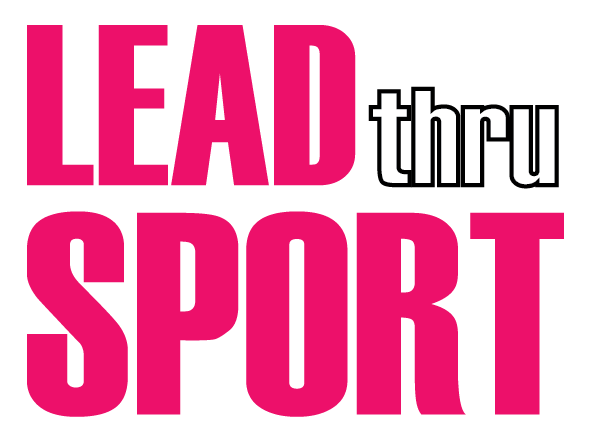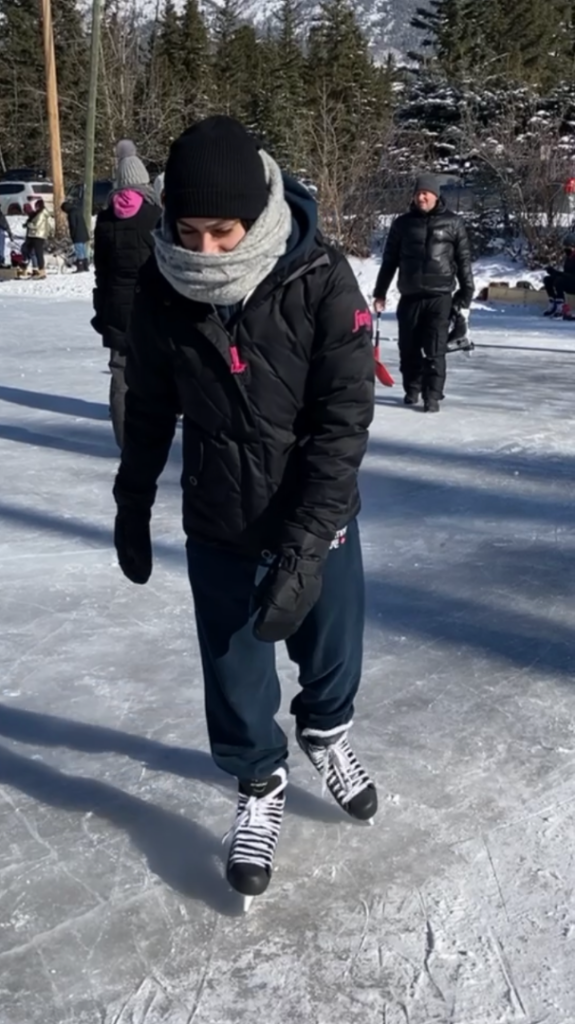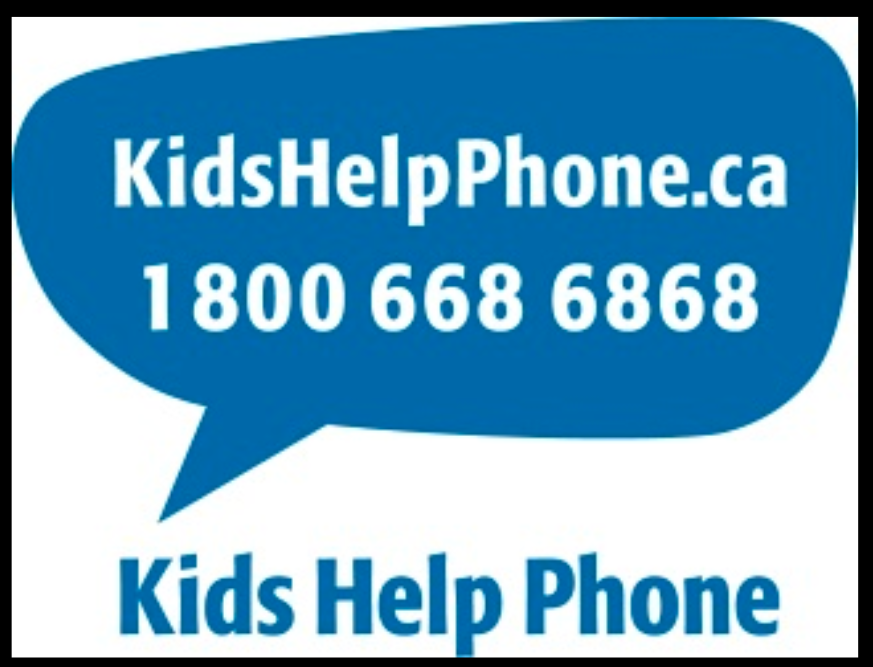
WEEK #29: BANEEN A-S.
Please tell us a little bit about yourself.
Growing up, I never had the chance to play on a team due to financial barriers but that did not stop me from being active. As a young girl, I was always outside until the sun came down and tried every sport I could get my hands on. Now that I’m in university as a full-time student, I have a lot less time to dedicate to sports. However, when I do have time, I will take the occasional run, go for a skate & shoot some pucks. When I’m not in school, I love interacting with and supporting my community. A few examples of this are being a Crisis Responder at Kids Help Phone, volunteering at my local Emergency department and encouraging young girls to stay in sport by giving them a safe place to be themselves and build their confidence. As I have a young sister in her early teens, it’s important for me to be the person she needs and I needed when I was growing up and that is what drives me to support and encourage other young girls.
What is an issue or topic you are passionate about or would like to see changed?
I am passionate about so many topics, but most of all I am passionate about mental health and wellbeing as it is such an important topic that everyone deals with at some point in their life! As a young girl, I struggled with hyperactivity, inattention and more. This led to an eventual diagnosis of ADHD in my very late teens. ADHD is very commonly missed and underdiagnosed in women and girls because of societal pressures, social constructs, stereotypes and more. As someone who was diagnosed quite late in their academic career, it was very frustrating, and I often felt misunderstood by teachers and my peers. These struggles I faced as a young girl fuelled my passion for bringing more awareness to ADHD in women and bringing up the conversation of mental health in all settings and how we can all work together to remove the stigma around mental illness.
What specific strategies would you like to see parents, coaches, or sport administrators do to improve diversity in sport or progress your cause?
It’s important that the sport community uses inclusive language and allows the athlete to express themselves in a safe and supportive environment. Using inclusive language not only means gender identity but can also be in regard to the athlete’s body size, socioeconomic status, and ability. Another change I would love to see within the sport community is more representation. As a young woman of colour and wearer of the Hijab, seeing another athlete that looked like me would’ve been so inspiring and so encouraging. Now, as an adult, any time I see an advertisement containing a Hijabi, I feel over the moon so I can only imagine the impact that it has on a young girl who is starting to wear the Hijab.
If you had 25 words worth of advice to share, what would you say?
Don’t be afraid to be different, embrace your uniqueness and make some noise! Your opinion is invaluable.
RESOURCE RECOMMENDATION
Kids Help Phone does a phenomenal job of delivering information in an easy and digestible way. Here are a couple of articles about ADHD and having conversations about emotional well-being that I encourage everyone to read.
https://kidshelpphone.ca/get-info/many-people-live-with-adhd-here-are-some-things-to-know/
https://kidshelpphone.ca/get-info/starting-a-conversation-about-emotional-health-well-being/




